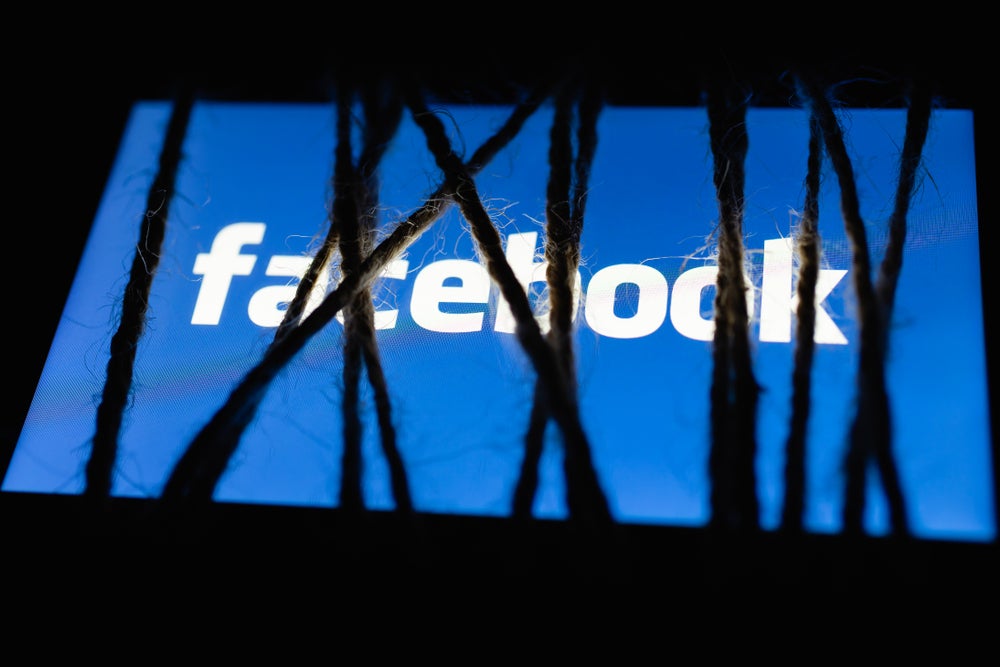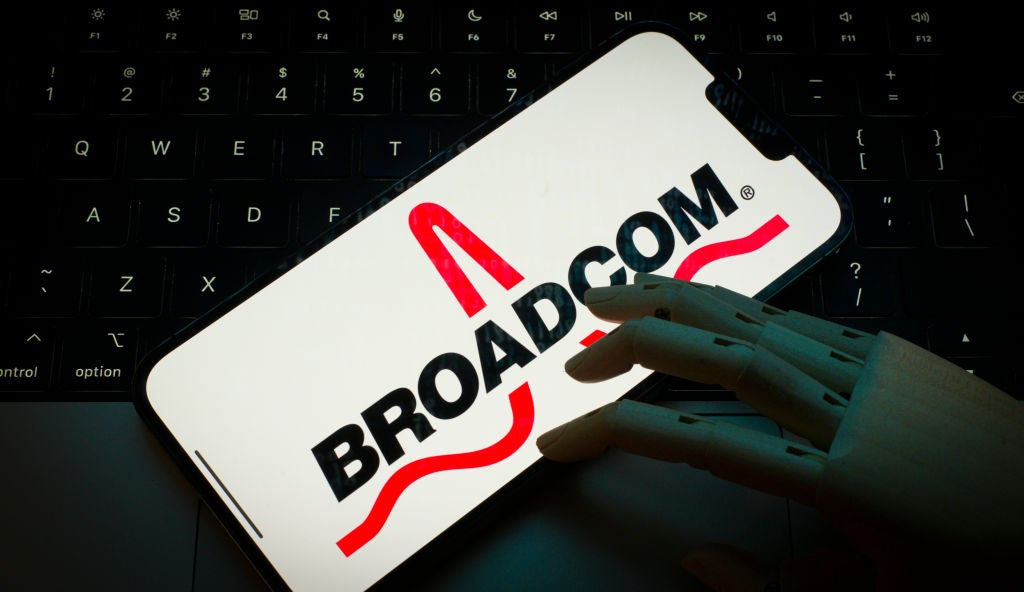
In the latest move to improve its reputation, Facebook has announced that it is “making big changes to the way ads with political content work” in the run up to the European Parliament elections in May.
With hundreds of millions of EU citizens expected to vote, the issue of political ads on Facebook was raised at a summit in Brussels on Friday, and the social media giant is now taking action to increase transparency on the issue.
What are the new rules?
Facebook’s new political advertising rules are designed to prevent online advertising from being used for “foreign interference” as well as “increasing transparency around all forms of political and issue advertising”.
Under the rules, all EU advertisers will need to be authorised to run political ads in their country, designed to limit foreign interference. Facebook has said that advertisers will need to confirm their identity and location, and then a combination of automation and user reporting will be used to enforce the rules.
Furthermore, political ads on Facebook and Instagram will need to be labelled as such, and will include details of who has funded the ad.
Facebook has said that it will start to block political ads that have not been registered from mid-April.
How well do you really know your competitors?
Access the most comprehensive Company Profiles on the market, powered by GlobalData. Save hours of research. Gain competitive edge.

Thank you!
Your download email will arrive shortly
Not ready to buy yet? Download a free sample
We are confident about the unique quality of our Company Profiles. However, we want you to make the most beneficial decision for your business, so we offer a free sample that you can download by submitting the below form
By GlobalDataThe tech giant has also built a tool called Ad Library, which will keep a record of all ads classified as relating to politics and issues, with information on the number of times the ad was viewed and the demographics of the audience it reached.
In a press statement, Facebook said:
“These changes will not prevent abuse entirely. We’re up against smart, creative and well-funded adversaries who change their tactics as we spot abuse. But we believe that they will help prevent future interference in elections on Facebook. And that is why they are so important.”
An ongoing issue
Facebook has faced ongoing criticism over its political ads policy, and for being slow to act against foreign interference in political events, magnified by social media.
In the run up to the 2016 presidential election, thousands of Russian ads appeared on the platform, with ads reaching as many as 146 million people across Facebook and Instagram, according to Recode. It is unclear whether Russian-funded ads played a part in the EU referendum.
This had led many to call for greater transparency on the origin of ads and greater restrictions over who can buy ads.
Last year, Facebook announced that US ads would be required to be labelled as political, and has now applied the same approach to EU elections.
According to the BBC similar rules have already been introduced in the UK and India, ahead of elections in each country.
Not wholly welcomed
Despite calling for Facebook to do more to tackle disinformation ahead of elections, according to the Financial Times, The European Parliament, as well as liberal and centre-left parties have criticised the plans as “killing the idea of European democracy” as they would prevent pan-European parties from advertising outside of their country of origin.
Furthermore, requiring advertisers to submit identification documents could pose a huge data breach risk.
There is also the possibility that a loophole may prevent the rules from being wholly effective. According to CNBC, companies may be able to hide money sources by buying ads through a limited liability company. This may make it easier for organisations to conceal their identity or buy ads abroad.
Nevertheless, recognising the need for greater regulation of political content on Facebook and other social media platforms is an important step, as the platform seeks to invest “investing heavily in more people and better technology to proactively identify abuse.”






